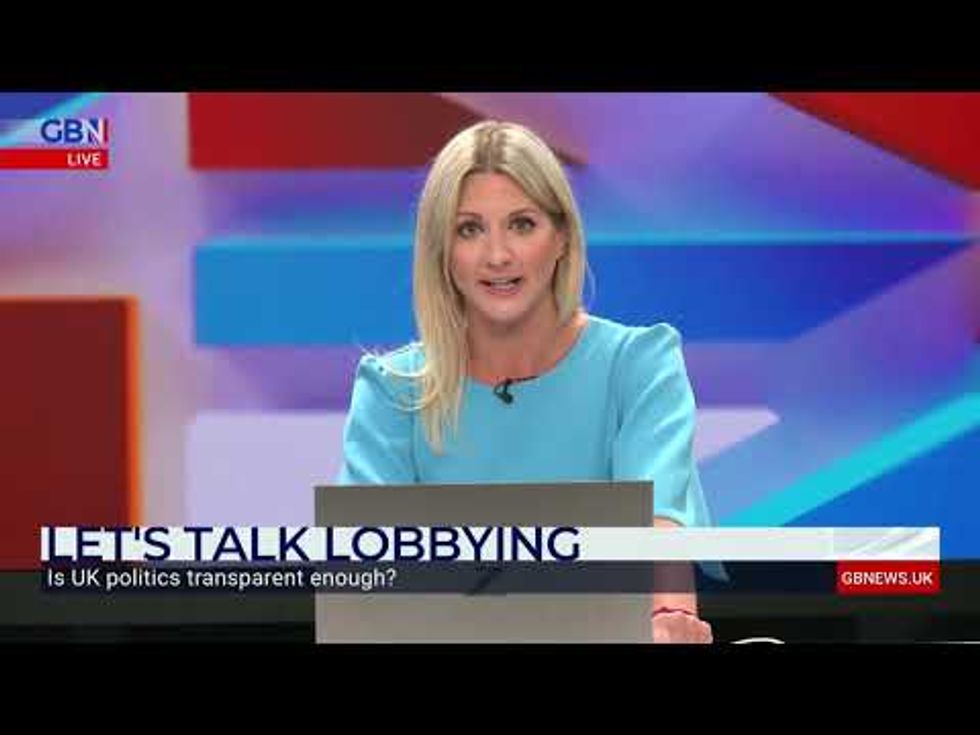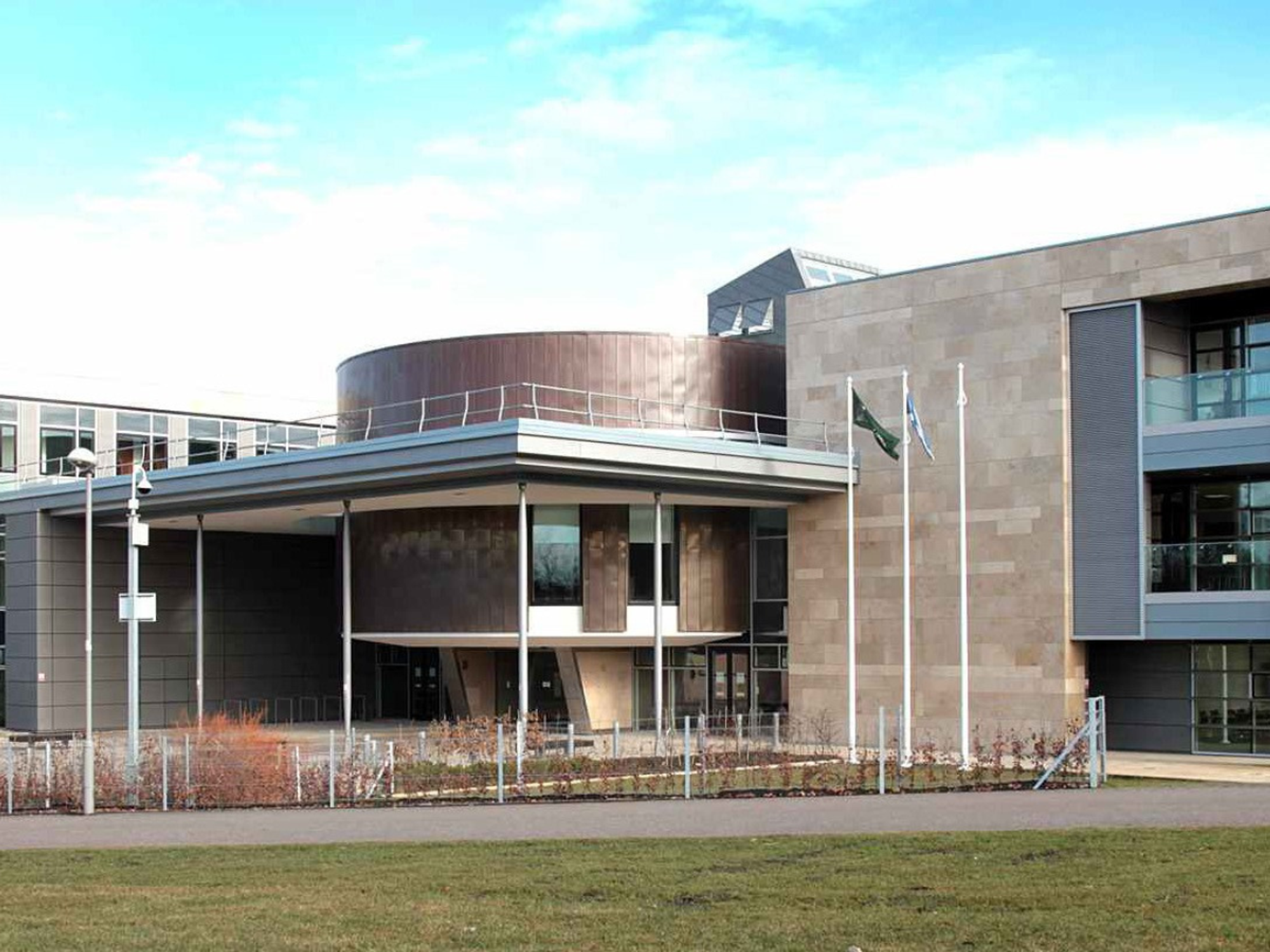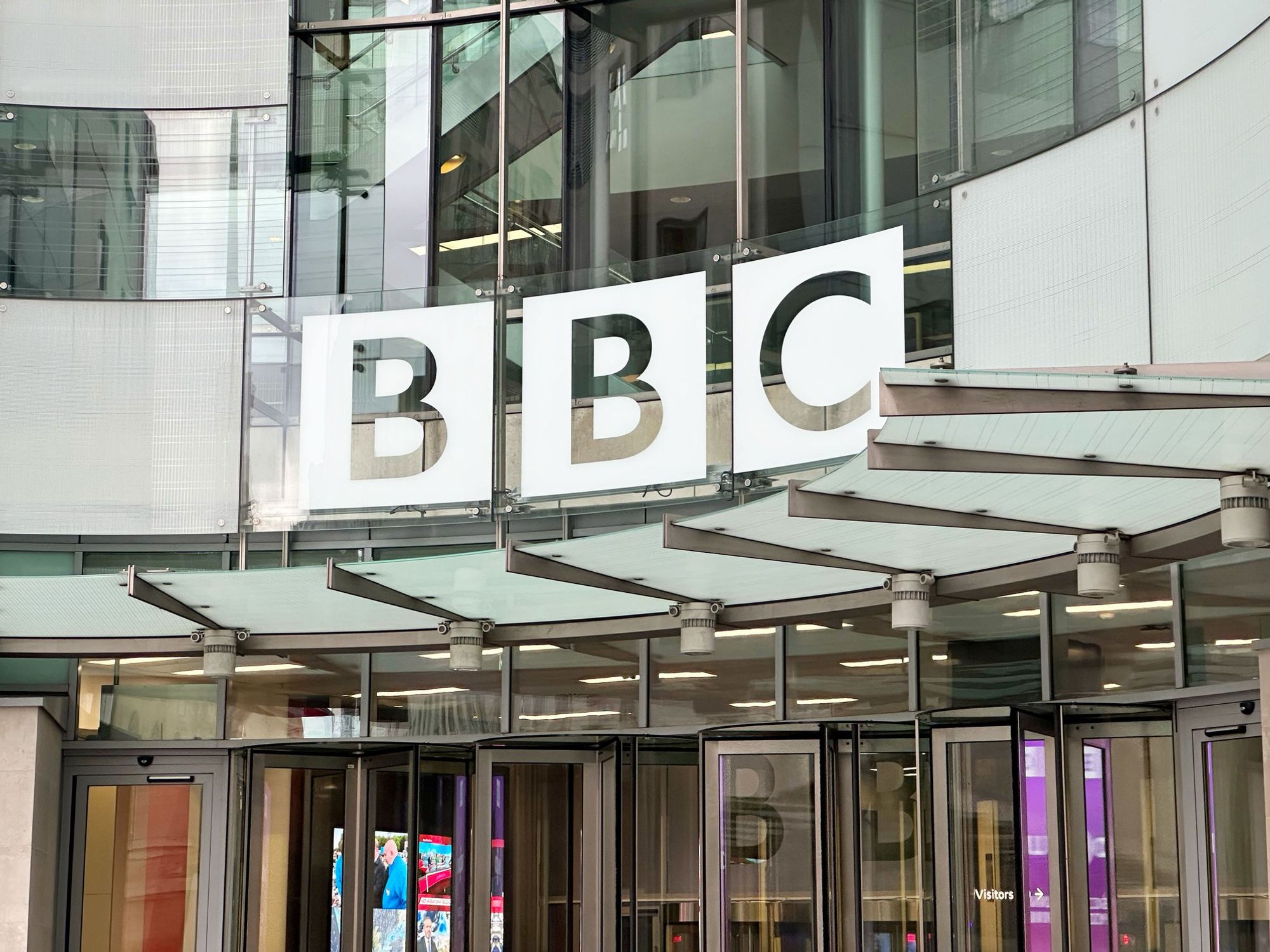Alex Phillips: We need to talk about lobbying

By Alex Phillips
Published: 18/08/2021
- 16:17Updated: 19/08/2021
- 13:07Alex asks: Is UK politics transparent enough?
Don't Miss
Most Read
Democracy cannot exist in a vacuum.
It’s very meaning is demos, people and kratis, power. A Government must be accessible and forge open dialogues with the public, with civic society and with industries and business, or else it becomes an authoritarian regime.
And believe it or not, we are all lobbyists. We can all send an email to our local MP to try to effect change. But while Mrs Miggins is likely to receive a polite copy and paste from a junior in a constituency office in response to her concerns over a local landfill site, the multi billion dollar public affairs industry thrives on wining, dining and whispering in the ears of vital contacts in the corridors of power.
Programmes such as The West Wing and House of Cards paint a scandal-drenched, blackmail-infused, sleaze-filled gargantuan game of chess, but the truth is often far more corporate and dull.
The industry is regulated and while indubitably sloshing in money, often has a bark worse than its bite. In some respects it exists to justify its own existence, with junior lobbyists presenting long lists of approaches that often fail to come to fruition.
The caricature of ruthless operators and dark forces frankly doesn’t sit alongside the fact that a massive amount of lobbying is done by charities and not-for-profits who want to use influence as a force for good.
But an industry that employs 14000 people and can influence mega decisions that affect millions of citizens has a propensity to throw up newspaper headlines on a regular basis. Cash for questions, conflicts of interest, private text messages, donations for access. A worrying mosaic of machinations starts to emerge.
I’ve seen it first hand as a Member of the European Parliament. Every day, an event, a freebie, a drinks reception, a knock at the door. The revolving door of influence in Brussels is far murkier and corrupt than most realise. A one stop shop for a corporate cartel of multinationals where 30,000 lobbyists take unelected Commissioners for dinners and jollies to pen regulations that favour big business at the expense of citizens and enterprises, that rips off the developing world trapping poor countries in agrarian poverty, that operate within the darkest shadows of geopolitics. That manipulate an entire continent.
I was horrified at what I found and believe me, not many people were knocking on the door of a politician who wanted out.
But Brexit changed things.
We now have our own big decisions to make, having taken back control, creating a bonanza for lobbyists here. Trade deals, state aid, sovereignty over regulations, independence in Foreign affairs. Whitehall must be abuzz with an influx of influencers trying to influence. It is reported some MPs receive as many as 100 approaches a week.
Now democracy is closer to home, can we be, and are we, any better?
The pandemic shone a light on non-standard practices exposing a thread worth pulling, for the sake of us all. Private WhatsApps and jobs for the boys, contracts for friends of the party or chums of the Minister. Yes, it was a crisis and decisions had to be taken rapidly, but rules were circumvented and trust lost.
In 2014 Parliament passed the Transparency of Lobbying Act demanding statutory registration of professional lobbyists. The legislation was brought forward by none other than Prime Minister David Cameron, echoing similar efforts by Barack Obama to clean up politics.
Oh how the halo has slipped.
Ex Prime Ministers, top civil servants, special advisors and cabinet ministers are in immense positions of power with a rolodex bursting with the who’s who of running everything. As a result, they are blocked from sliding into lobbying positions that can earn them millions on the basis of their ability to connect with the most powerful people in the country.
But the ban lasts a mere two years, under the very rules Cameron himself authored. When one tracks the careers of many prominent ex politicians, or even serving ones, it is no surprise to find board memberships and advisory positions worth a few bob.
But it’s not just the Greensill scandal that has raised questions over the secret squirrels taking place in Westminster.
Housing Minister Robert Jenrick narrowly dodged disgrace after fessing up and being forced to reverse a planning decision that would have saved a developer and Tory donor tens of millions of pounds after it was discovered he had given money at a fundraiser where he was sat next to, yep, you guessed it.
So what really does go on? Is the mythical status of corrupt lobbyists all rather overblown, and this necessary function of governance actually squeaky clean? Or is it a cesspit of cronyism, of dodgy dealings and nefarious deeds where unscrupulous industrialists play politicians like puppets?
I want to know, as I’m sure you do, too.
Today, we need to talk about Lobbying.











